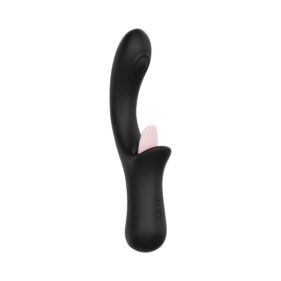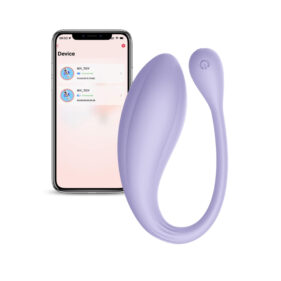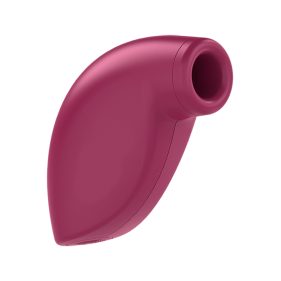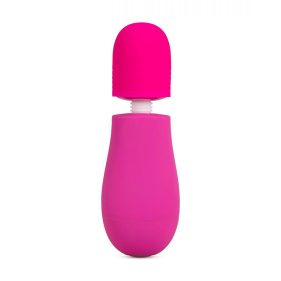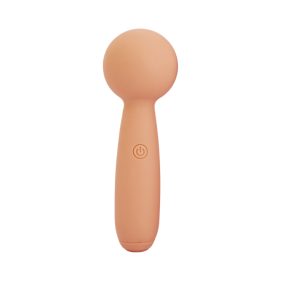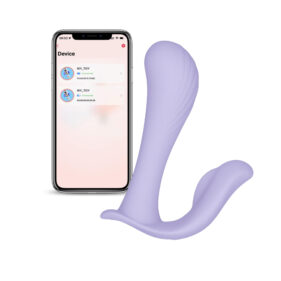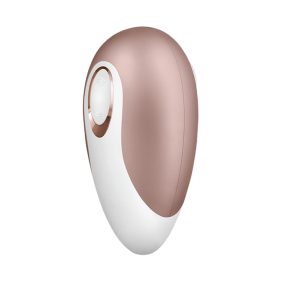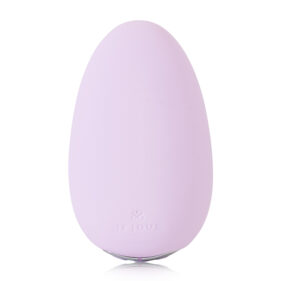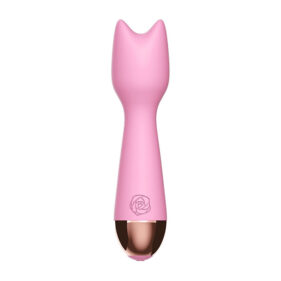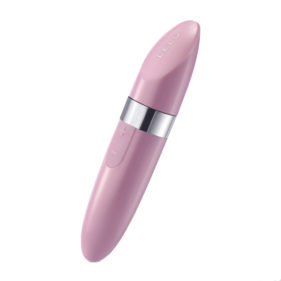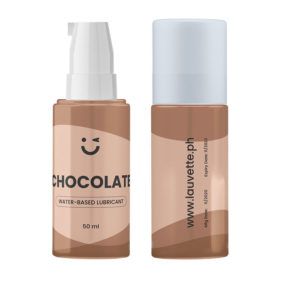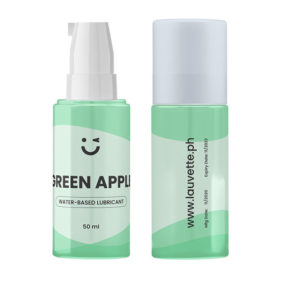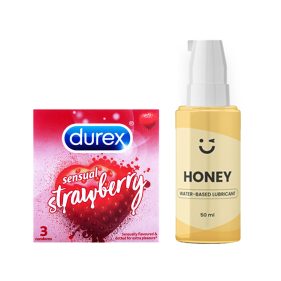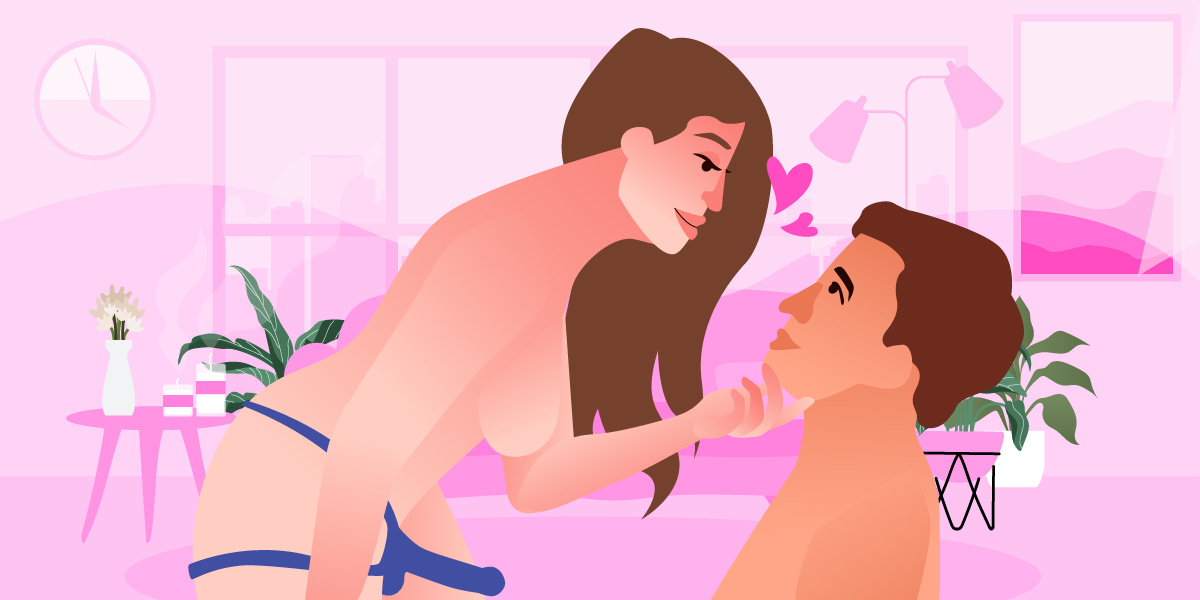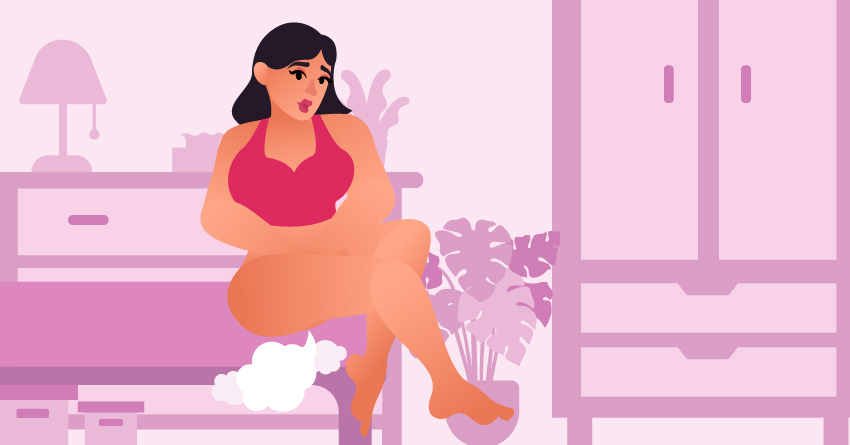
Let’s start this guide with a scenario. You were having hot sex with the cutie you’ve met next door. In the middle of the deed, your vagina has let out a loud farting noise. You panicked, unsure of what you’d just heard. Well, dear reader, that is what we call queefing.
If you’re afraid that your health is in jeopardy because you’re releasing gas from your vagina, don’t worry, as it’s a completely natural bodily function. This guide will share the ins and outs of queefing and how you can manage them during the deed.
What is Queefing?
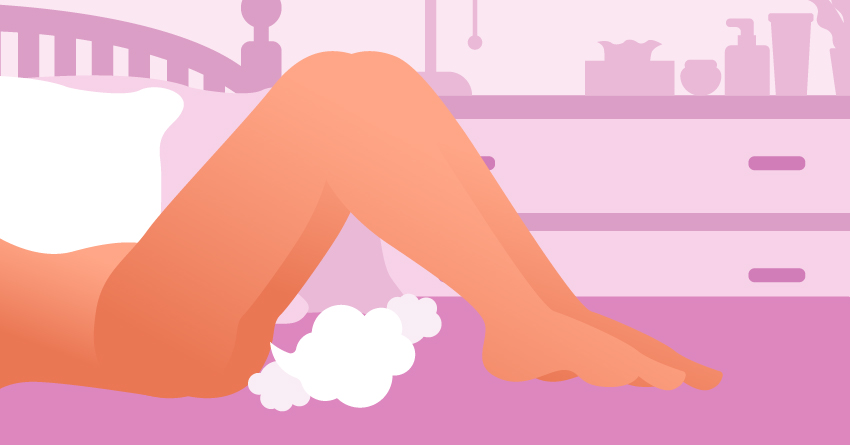
Queefing occurs when an excess air expels out of the vagina, resulting in a fart-like sound. Unlike an actual fart, it doesn’t have any smell. This happens when a person has weak pelvic floor muscles; it’s easier for air to get trapped inside the body, and the muscles aren’t strong enough to hold back the trapped air.
Originated from the English-Scottish term “quiff,” which means puff of air, this is a natural occurrence in the female body. And even if it sounds like you’re passing gas, queefing isn’t the same as passing gas. This bodily function also occurs when you’re doing an activity involving the vagina, such as doing yoga poses, getting a physical exam from a gynecologist, or sex.
20 Things To Know About Queefing
Ever wonder how queefing works? Wondering if it’s safe to queef regularly? Below are some of the interesting facts about queefing.
1It’s completely normal, and you shouldn’t be embarrassed about it!
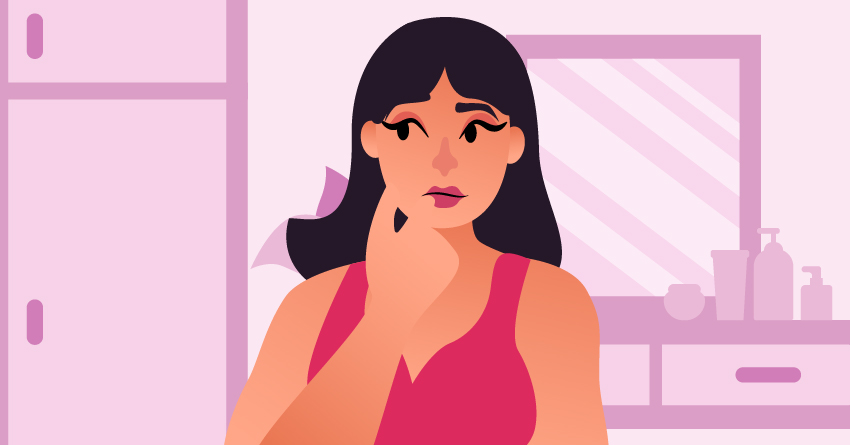
There’s a stigma surrounding queefing as this topic isn’t discussed in our sex-ed or health classes. Some even think it’s “gross” and that only “dirty” women would release gas from their vaginas. This isn’t the case, though, as it’s normal for a woman to queef at some point in their life. Remember that our bodies make funny noises. If you end up queefing during sex, just chuckle it off as it’s just a normal bodily function! Yes, it can be awkward for a few seconds, but just laugh it off then proceed with the deed; it makes sex even more fun for both partners.
2Queefing is completely harmless!
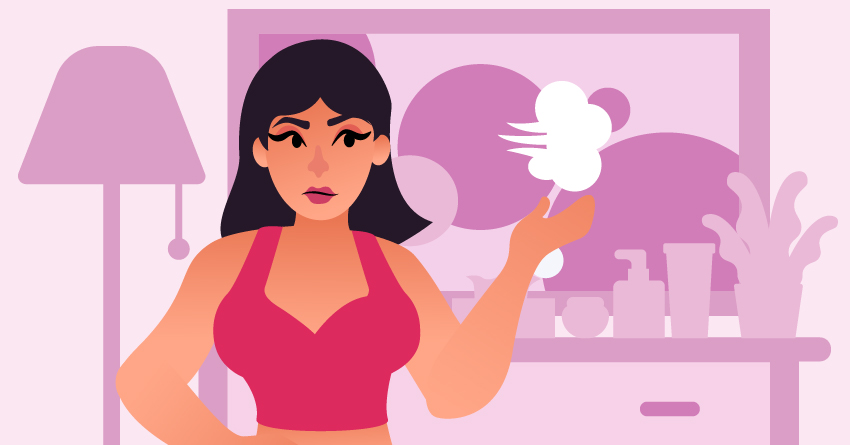
If you’re afraid that queefing is a sign that you have gynecological health issues, don’t worry, as it’s just air passing through your vaginal canal. It could mean that you might have a weaker pelvic floor, though. If you queef regularly, consider trying kegel exercises.
3The sounds come from your labia majora.
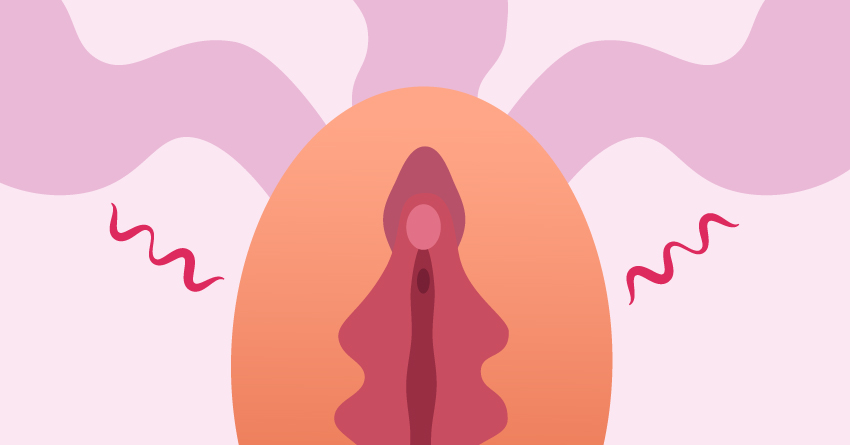
Did you know that the queefing sound is produced by the vibrations in the labia majora or commonly known as vaginal lips? It’s similar to the sound of passing gas produced by the butt cheeks when the air exits from the anus.
4You can’t control your queefs like farts.
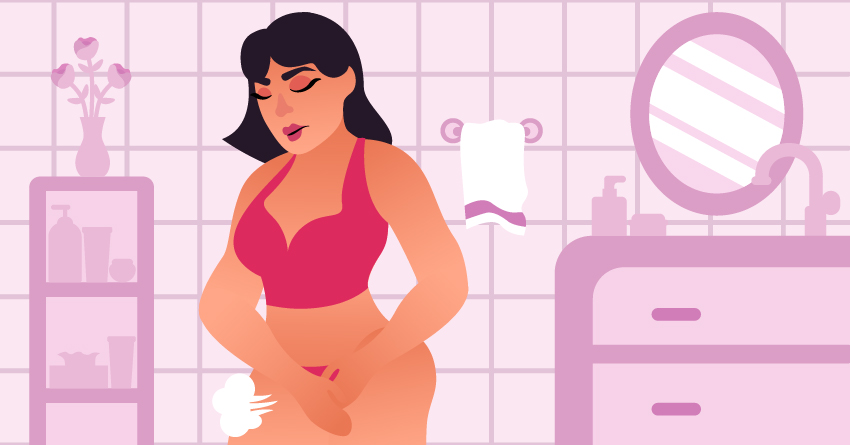
One of the common misconceptions about queefing is that they’re accompanied by a smell, just like the good ‘ol farting. It’s isn’t, though, as the excess air released in the vagina is just regular; there are no gasses involved such as the ones from the anus.
It’s also uncontrollable compared to farting as the anal sphincter is much tighter and better toned. So if you feel like queefing, you may just end up releasing it, unlike regular flatulence, where you can control it.
-
₱2,445.00
-
₱3,400.00
-
₱2,745.00
-
₱895.00
5Recognize that you might be more anatomically prone to queefing than other people with vaginas.
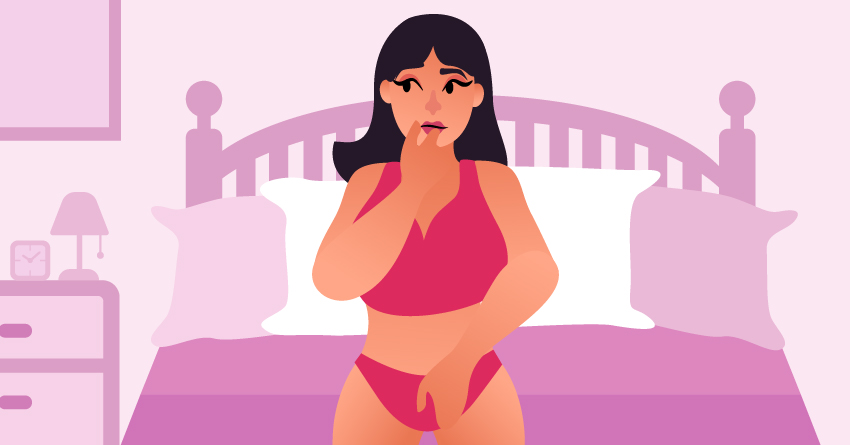
Certain factors make you queef more than usual, such as when you’re on your period or ovulating; your pelvic floor tends to be weaker during those times. Also, though we’ve mentioned that queefing could signify a weak pelvic floor, it doesn’t necessarily mean that everyone who queefs has a weak pelvic floor. It can happen every now and then, whether or not the person just gave birth or if they’ve been doing Kegels for years.
6Queefing usually happens during sex.
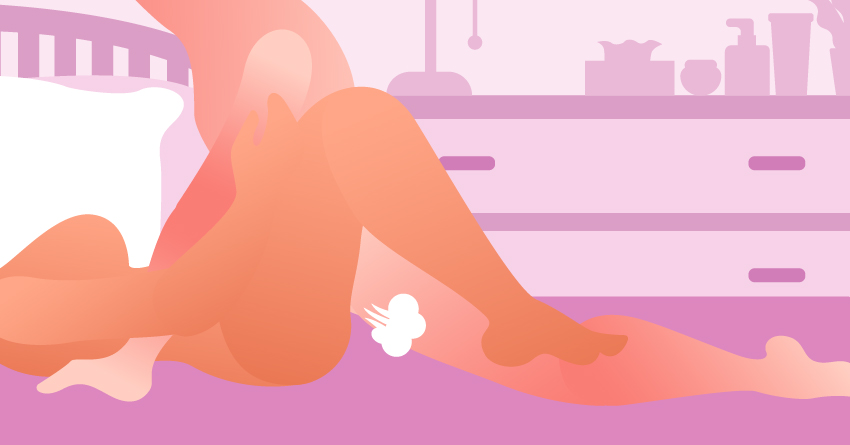
If you’ve been wondering why you only queef during sex, sexual movements can help expel the trapped air. Also, sex positions that enable women to spread their legs and expose their vagina, such as doggy style, can cause more queefing.
7You can queef while masturbating.
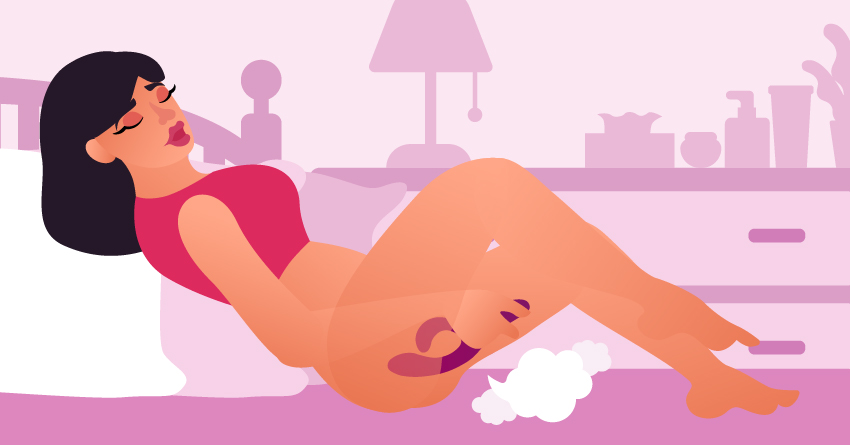
Yes, queefing is also possible during solo play, especially if the sexy sessions involve penetrating your vaginal canal. When thrusting a dildo or vibrator into your vagina, a small amount of air is pushed into your vagina. Once the small pockets of the air come together inside, the excess would be expelled out of your vagina.
8You can queef from nonsexual things such as laughing, jumping jacks, or even when adjusting your seat.
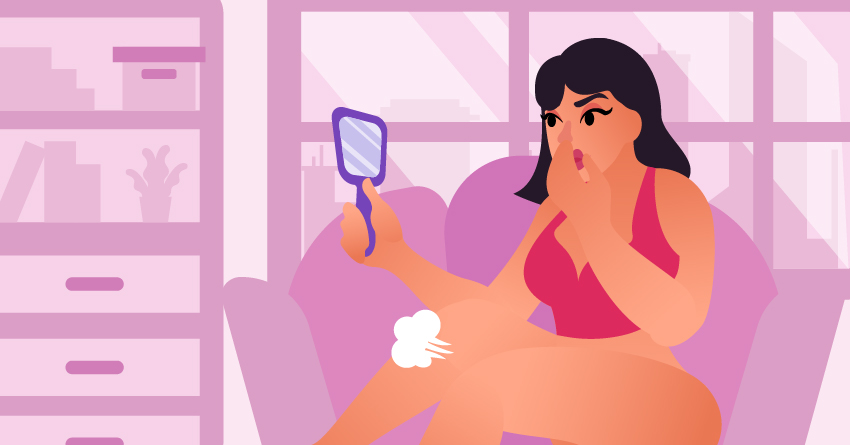
You might think that queefing only happens to sexual acts; that’s not the case, though, as any activity that can trap air into the vagina can lead to queefing. Some of the activities include jumping jacks, trampolining, sneezing, and coughing.
9If you want to minimize your likelihood of queefing, you can try to strengthen your pelvic floor.
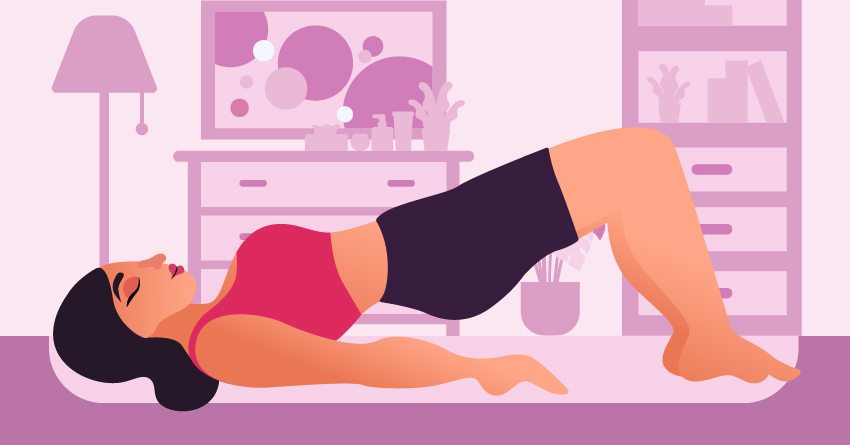
Want to lessen the queefing incidents? Strengthening your pelvic floor is one of the most effective ways of reducing it. It can help prevent air from getting into the vagina, the main cause of queefing. To do this, you can start with Kegel exercises, in which you will be squeezing and releasing your pelvic floor muscles.
If this concept is new to you, we suggest doing this simple exercise. When peeing, try stopping your pee. The action that you’re doing to stop yourself from urinating is what Kegels is. Start with quick sets of Kegels, then eventually move to longer sessions. Using kegel balls is also good for strengthening your pelvic floor muscles.
10If your queefing comes with painful urination and lower back pain, you may have pelvic floor dysfunction.
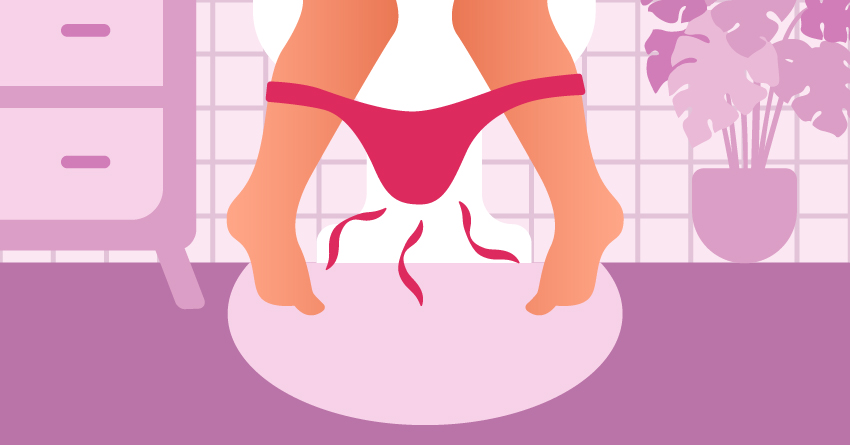
If you’re queefing every now and then, you’ve got nothing to worry about. But if you’re queefing while also experiencing painful urination, lower back pain, troubled bowel movements, and other questionable symptoms, consult a doctor as soon as possible. There could be an underlying condition, and you’ve got to treat that immediately.
11It may be a cause for concern if you’re queefing day in and day out.
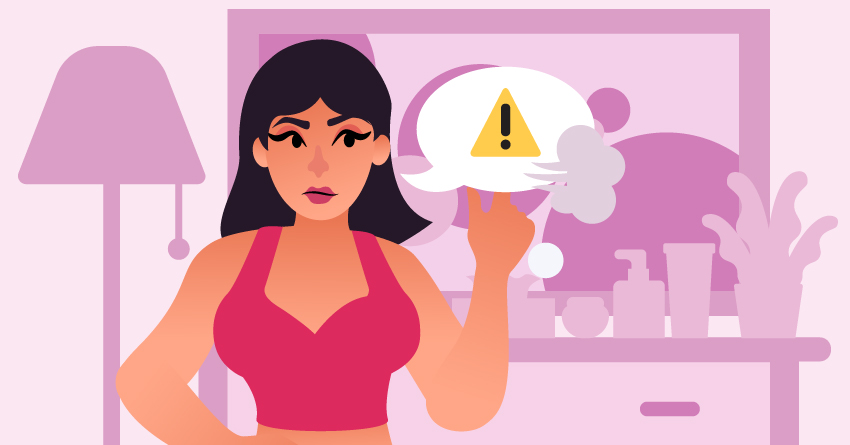
Queefing every now and then is normal, but queefing day in and day out could be a sign of a health issue, such as a vaginal fistula— there’s an abnormal opening in your vagina that is connected to another organ.
-
₱1,980.00
-
₱1,199.00
-
₱2,745.00
-
₱1,595.00
12There are positions that can make you queef more than others.
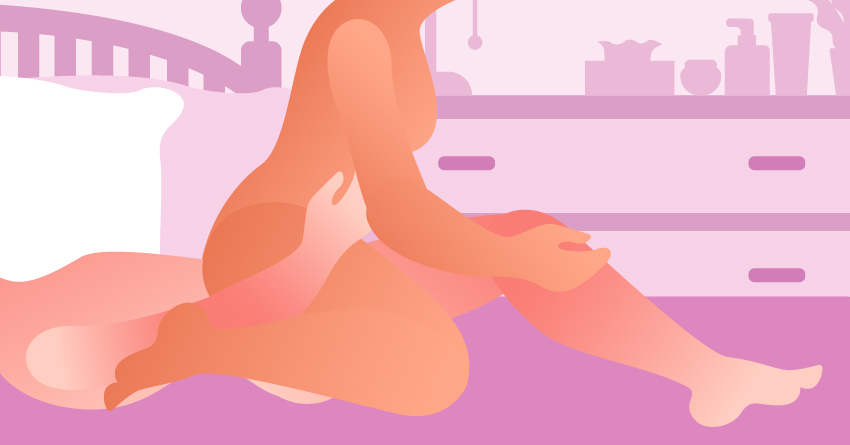
If certain sex positions make you queef, it’s better to steer away from it and go for alternatives; try a sex position that puts you in a “rocking” position, such as reverse cowgirl. You can also go for sex positions that enable shallow penetration. By doing this, less air would be trapped in the vagina. Don’t get overboard with switching sex positions, though, as trying different positions can make you queef more.
13You may be more prone to queefing depending on where you are in your cycle.
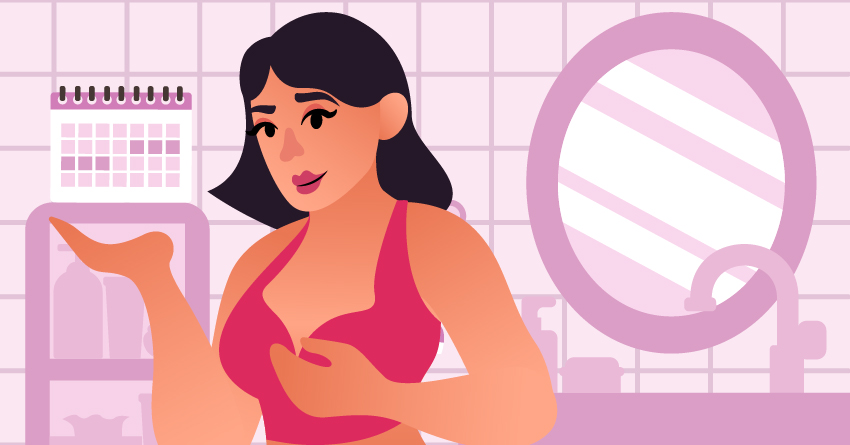
Your menstrual cycle can affect your queefs. Experts have reported that the pelvic floor muscles are at their strongest during the cycle’s luteal phase or right after ovulation. There are also online testimonials that women queef more when having sex in their periods or at specific points in their menstrual cycle. Unfortunately, there are no studies yet to prove these online testimonials.
14You may be more likely to queef depending on your birth history as well.
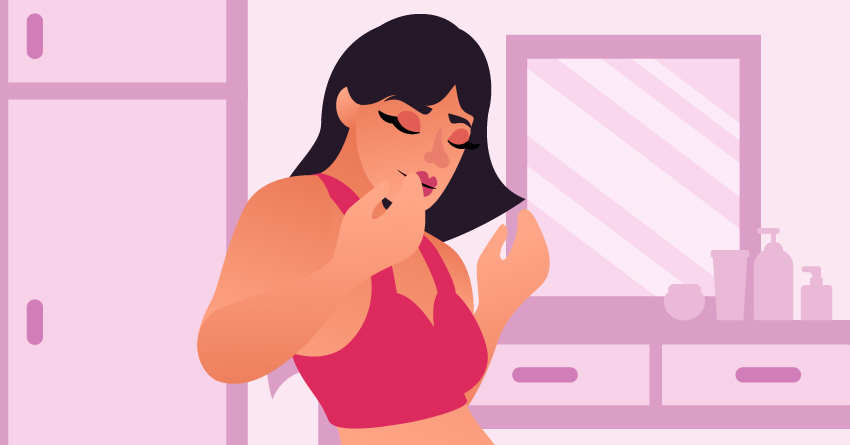
Childbirth can also affect the way you queef. After giving birth, the vaginal canal stretches out and may take a while to return to its normal state; it may take longer for lactating women due to the hormones causing their connective tissue to loosen up. This can then result in more frequent queefing.
The good news is it’s temporary. After 1-2 months, your vagina should be back to its normal state, and there should be less queefing. If not, consult your doctor as soon as possible. You can also try Kegel exercises to speed up the healing process.
-
Original price was: ₱4,745.00.₱4,270.50Current price is: ₱4,270.50.
-
₱4,990.00
-
₱949.00
-
₱5,000.00
15See a doctor if your queefs are especially smelly.
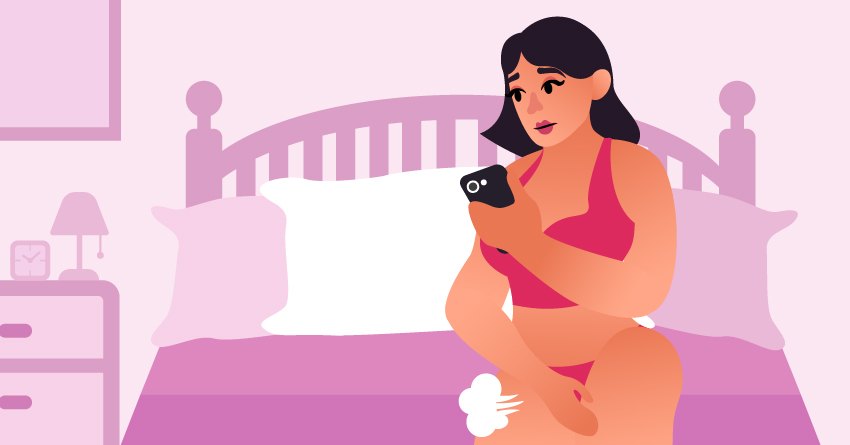
Queefs aren’t supposed to smell. If you smell an unpleasant odor after queefing, there may be an underlying condition that you’ll need to get treated to.
It could be linked to a rectovaginal fistula, in which there is an abnormal connection between your vagina and rectum. This condition would then result in fecal matter entering the vagina, resulting in a weird odor. Remember that this condition can lead to urinary tract infections and bacterial vaginosis, so if you feel that something’s wrong with your queefs, consult your doctor immediately.
16You may notice some queefing when you submerge in water!
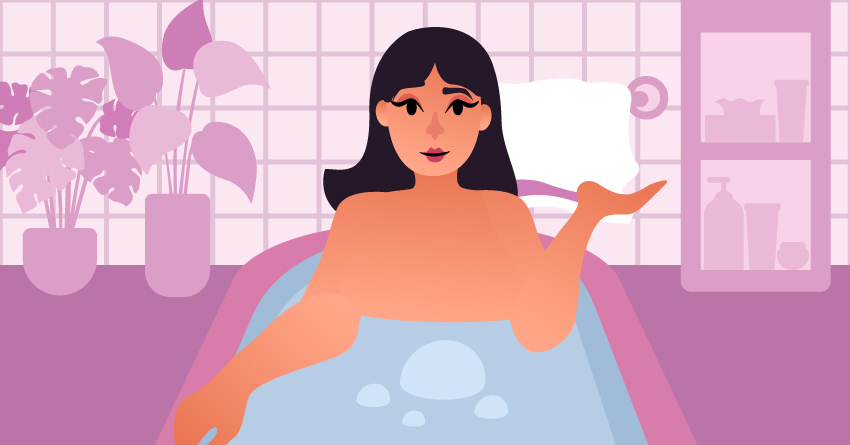
Yes, you can still queef while being submerged in water. This usually happens when you’re doing an activity that can trap air in your vagina. The water would then push the excess air out, resulting to a bubbly bathtub. Don’t get worried if you start queefing underwater; it’s just physics at work!
17You can’t fully avoid queefing, but you can minimize its noticeability.
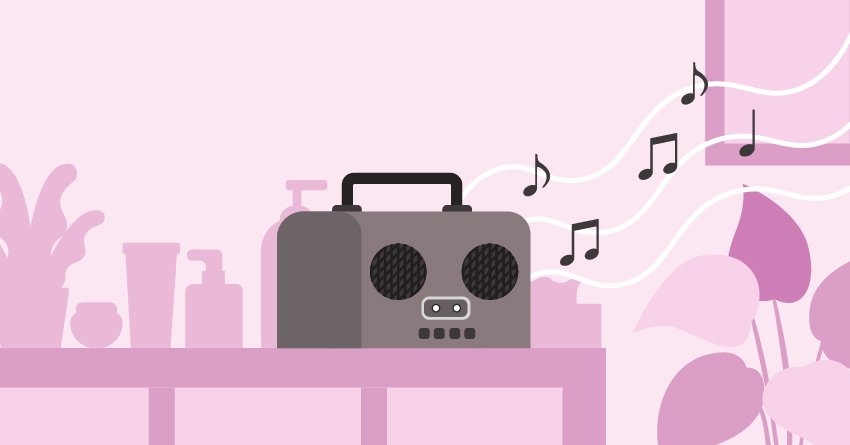
Here’s the thing, queefing doesn’t necessarily disrupt the sensual deed. Some partners may notice the sound, while others focus more on the activity. But if the idea of queefing is making you more anxious and stressed out during sex, we recommend turning on a sexy playlist on Spotify or using an appliance that has white noise on it, such as an electric fan.
18The word “queef” is not a medical term.

Queef is actually a slang term— the medical term for this bodily function is “vaginal flatulence.”
19Applying lots of lube can mean delayed queefs.
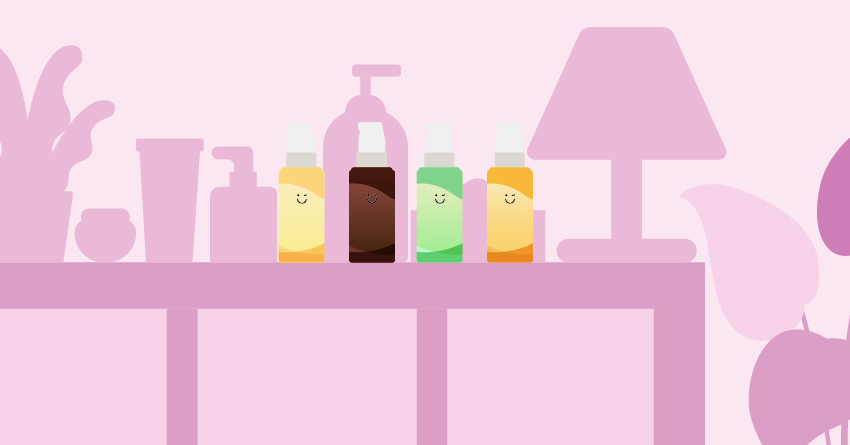
As the saying goes, lube is your friend! Using personal lubricant can hold vaginal walls together, so the trapped air would stay longer inside. The air bubbles would eventually expel your vagina, but it would likely happen once you’re almost done or after the deed.
-
₱150.00
-
₱150.00
-
₱150.00
-
₱150.00
20When you do queef, roll with it!

We cannot emphasize this enough, but queefing is a natural bodily function. If you end up queefing during sex, you can either chuckle it off or say “excuse me,” then continue with the sexy sesh.
Manage Your Queefing Better With These Essentials
As you’ve learned the different facts about queefing, we’ve got you some recommended sexual wellness products that could help you manage your queefs.


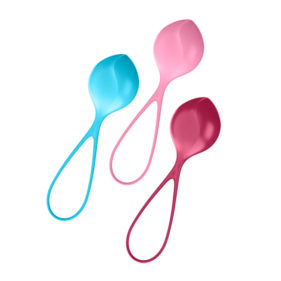
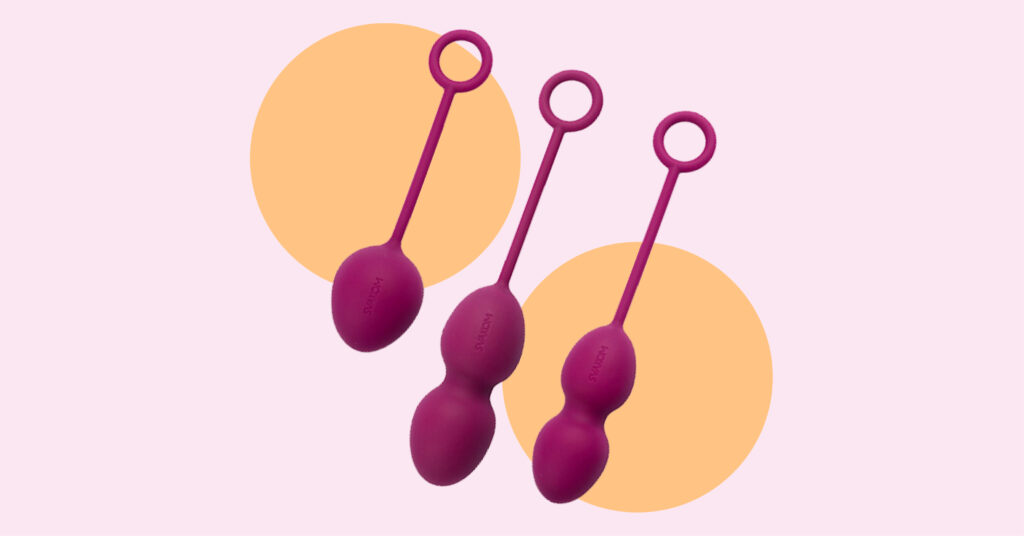
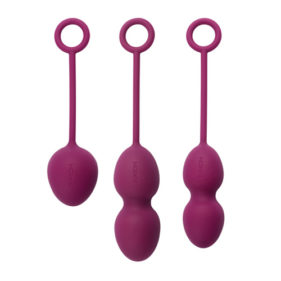
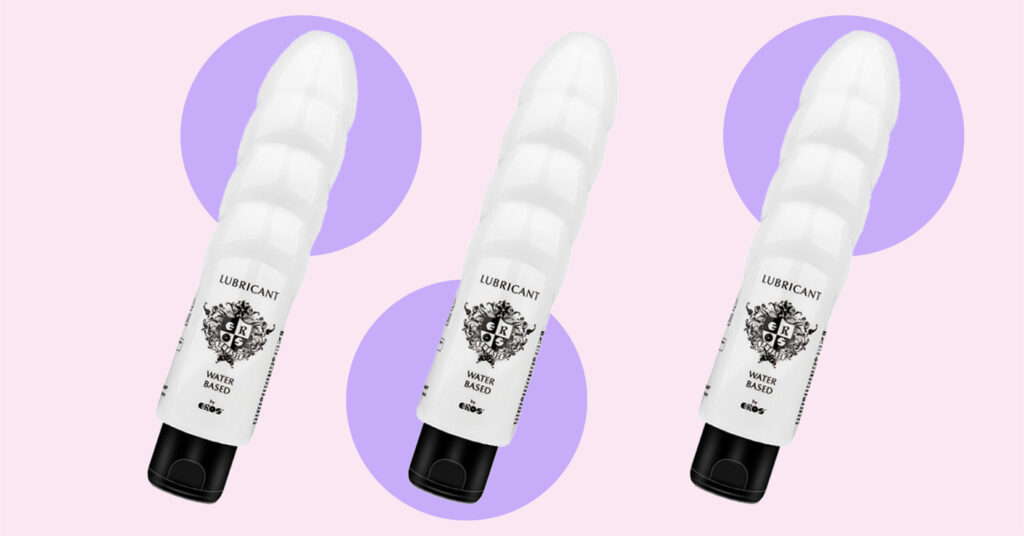
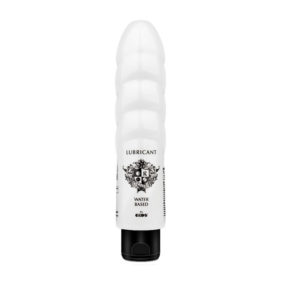
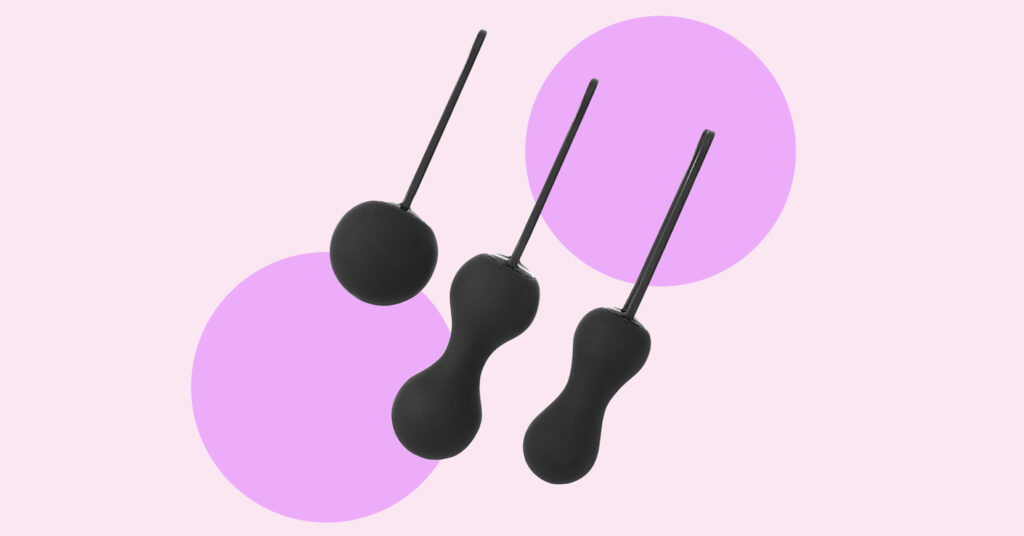
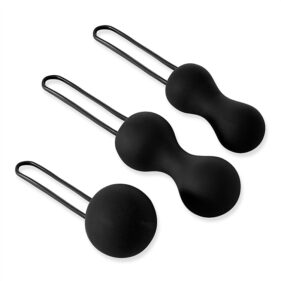
Frequently Asked Questions
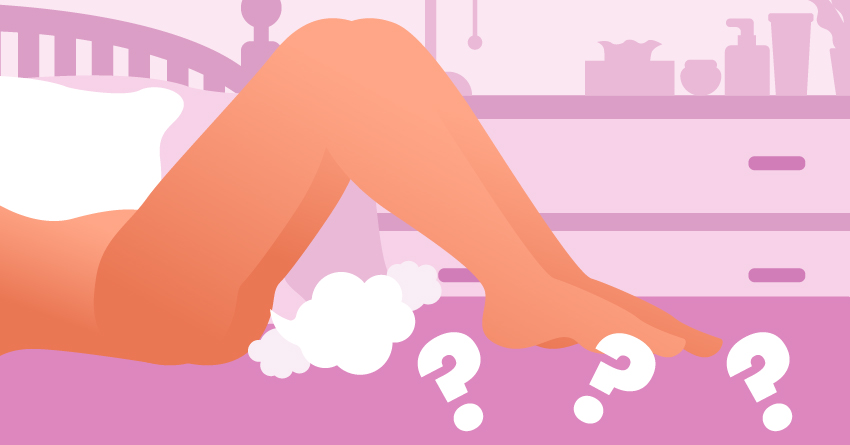
You now know why queefing happens and how you can manage it better. But we understand that you may still have more queries in mind. So we have collated common questions about queefing below:
1Is queefing a cause for concern ever?
It’s normal to queef. But if queefing is accompanied by alarming symptoms, such as vaginal pain, unpleasant queef odor, or irritation, head over to your doctor immediately.
2What causes queefing?
Queefing happens when air is pushed inside the vagina and released after a few minutes. It may sound like regular farts, but they’re way different from passing gas.
3It’s my first time to hear myself queef. Should I be worried?
No need to worry, dear! Just chuckle it off, then continue whatever you’re doing. It’s natural to have vaginal flatulence every now and then, so just embrace your body and the involuntary functions that it goes through.
4Are there exercises I can do to avoid queefing?
Try kegel exercises! It can minimize queefing, but it can also result in stronger orgasms, less risk of urinary continence, etc.
5Can vaginal gas be a sign of anything serious?
As mentioned above, queefs shouldn’t concern you unless there are other symptoms along with queefing. If you’re in doubt, it’s better to consult your healthcare provider.
Takeaway
Queefing may feel strange at first, but once you’ve gotten past the fact that it’s a natural bodily function, you’ll be able to handle those queef incidents in the future. We hope that you’ve learned a lot from this guide. Remember, when your vagina releases air in the future, it’s just normal!
For more articles like this, you can visit the lauvette blog. You may also ask Dr. Sex if you have more specific queries. She’ll be glad to help you out!
